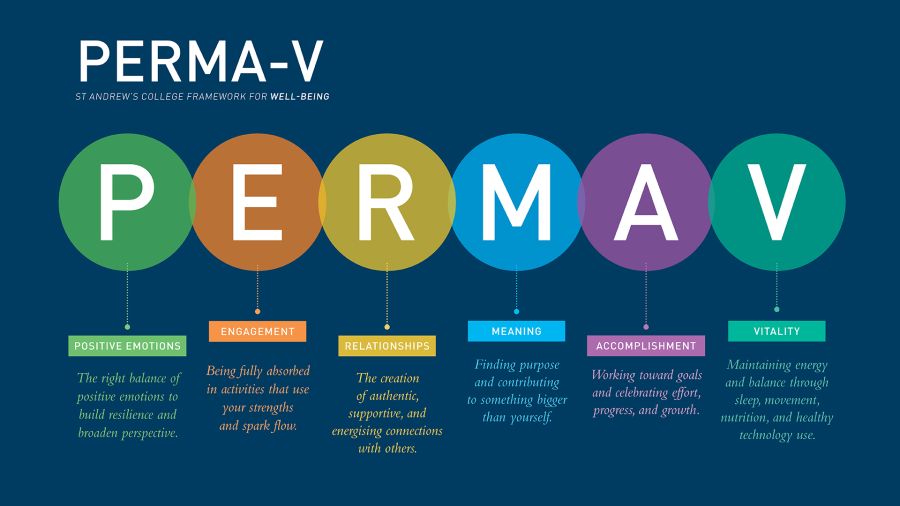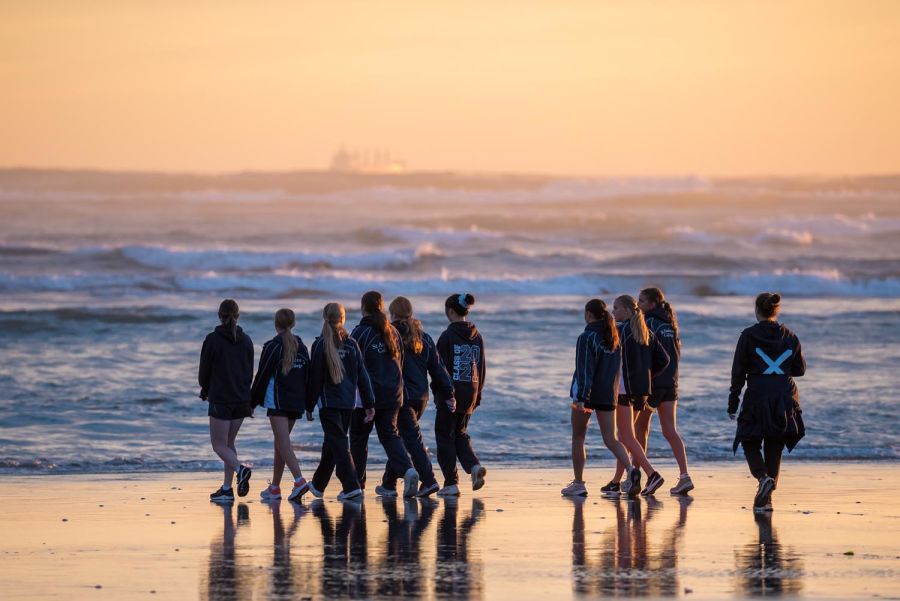StACTalks: Vaping, Alcohol and the Party Season
7 September 2023
Written by Head of Well-being, Kerry Larby
This week, St Andrew’s hosted a StACTalks event focused on Vaping, Alcohol and the Party Season. This was one of a series of parent presentations where experts, teachers, students, and guest parents discuss contemporary issues facing our rangatahi. Hosted by Head of Guidance, Tom Matthews, the presentations concluded with panel question and answer sessions. Head of Secondary School, Evert Van Florenstein and Head of Middle School, Matt Parr also attended, sharing our whole-school approach to vaping and alcohol.
Over 70 parents attended the evening to consider the role they can play in supporting their children to navigate the risks that vaping, and alcohol pose during the teenage years.
Students, Archibald Thomas (Year 12) and Poppy Rumble (Year 13) shared their experiences around partying and acknowledged the real risks that young people face concerning peer pressure, alcohol, and vaping. St Andrew's College parent, Stephanie Rumble, spoke about her experience parenting her four children through the partying years.
Over the past year, St Andrew’s has connected with experts in this space to learn the latest research. Drug and alcohol expert and Ōtautahi lead for Tūturu, Leigh Hogg, was a guest speaker for the evening. Over the last year, she has assisted St. Andrew’s in completing an audit about how we proactively prepare our students for the challenges of modern life. Tūturu is an evidence-based program funded by the New Zealand Drug Foundation and the Ministry of Education that supports schools in addressing complex issues both in the curriculum and at a cultural level. You can read more about Tūturu here.
Leigh shared the following statistics from the Youth2000 Survey conducted in 2019:
between 2001–2019, there were significant declines in cigarette smoking and binge drinking among New Zealand secondary school students;
vaping has emerged as a new issue, with 12% of students reporting vaping monthly;
binge drinking is still prevalent, especially among older students, with 22% of students reporting binge drinking in the last month.
In this blog post, I want to summarise the main advice presented to parents by the different speakers.
Open and Honest Communication
If there was one piece of advice that all the presenters reiterated, it was the importance of creating a space where young people feel safe to have conversations about alcohol, vaping and drugs without fear of punishment or judgment. Tūturu expert Leigh Hogg emphasised the need for parents to actively listen to their children’s concerns, experiences, and questions, and avoid being overly critical or dismissive. It was lovely to hear Stephanie Rumble reflect on how she kept communication open with her children throughout their teenage years, whether it was when driving them home from parties or keeping her house open to her children’s friends.
Tūturu have created this useful conversation starter guide to assist parents in framing conversations on alcohol and drugs. This handout was also available on the night and focuses on having conversations about vaping.
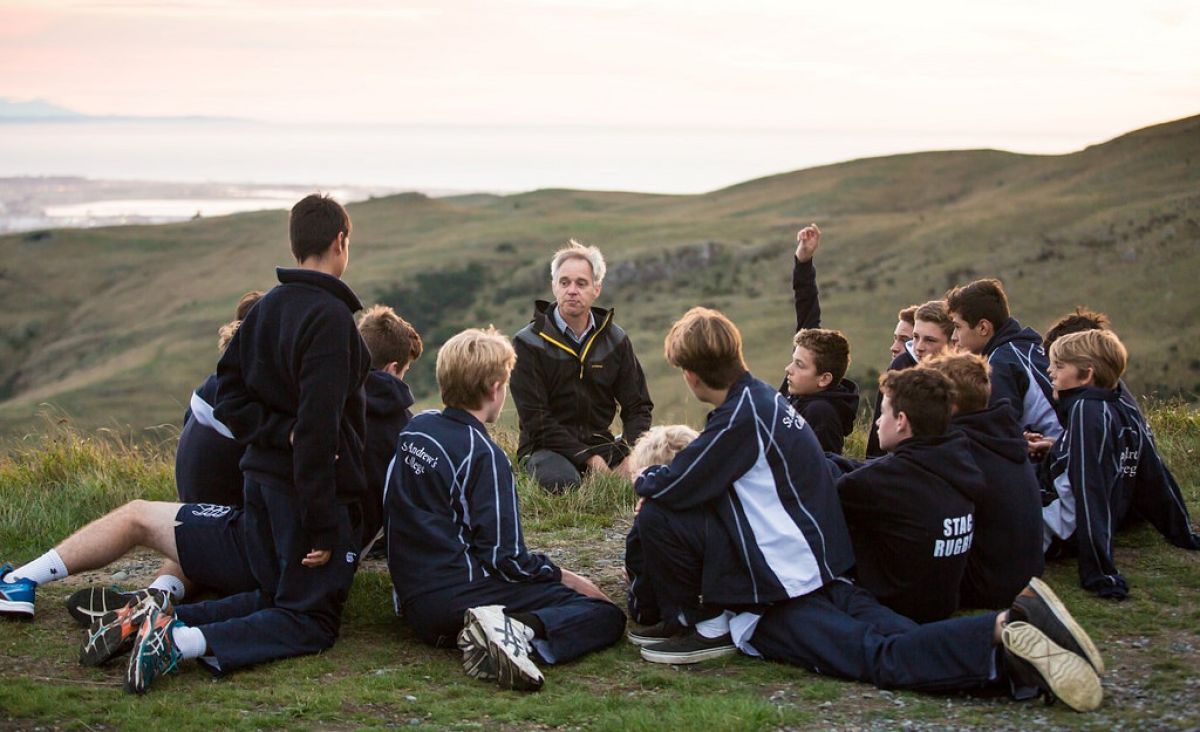
Setting boundaries and monitoring activities
Parents should be actively involved in creating a safe environment for their children. This includes setting clear and realistic boundaries. Senior Research Fellow at the Adolescent Health Research Group at the University of Otago, Dr Jude Ball, sums this up well:
“It’s about having clear expectations about non-use. That does help. If parents say they don’t want their child to vape or drink, there are better outcomes – much better than saying, ‘Do whatever you’re going to do; you’re going to do it anyway.’”
“It’s a bit of a misconception that students will do the opposite of what you tell them. Clear expectations around behaviour are good, and then restorative approaches – firm but fair – when the kid gets it wrong, along with support to address addiction or underlying problems.”
Stephanie Rumble outlined the importance of taking an active interest in her children’s whereabouts, friendship groups, and keeping lines of communication open with friends' parents. Parents should also monitor any changes in behaviour that could indicate substance abuse or addiction.
Regulating Emotions
Several speakers acknowledged that navigating issues related to risk-taking, alcohol, and drugs with teenagers can evoke emotions of fear, uncertainty, and angst in parents. Head of Guidance, Tom Matthews, reminded parents how powerful (and not always easy) it is to stay calm so as not to escalate emotions in the moment. Taking space to calm down and regulate our emotional state provides the opportunity for us to converse with our teenagers consciously and thoughtfully. Reminding the audience how addictive nicotine is, it is essential that parents can empathise and be patient to support their child to break addictions.
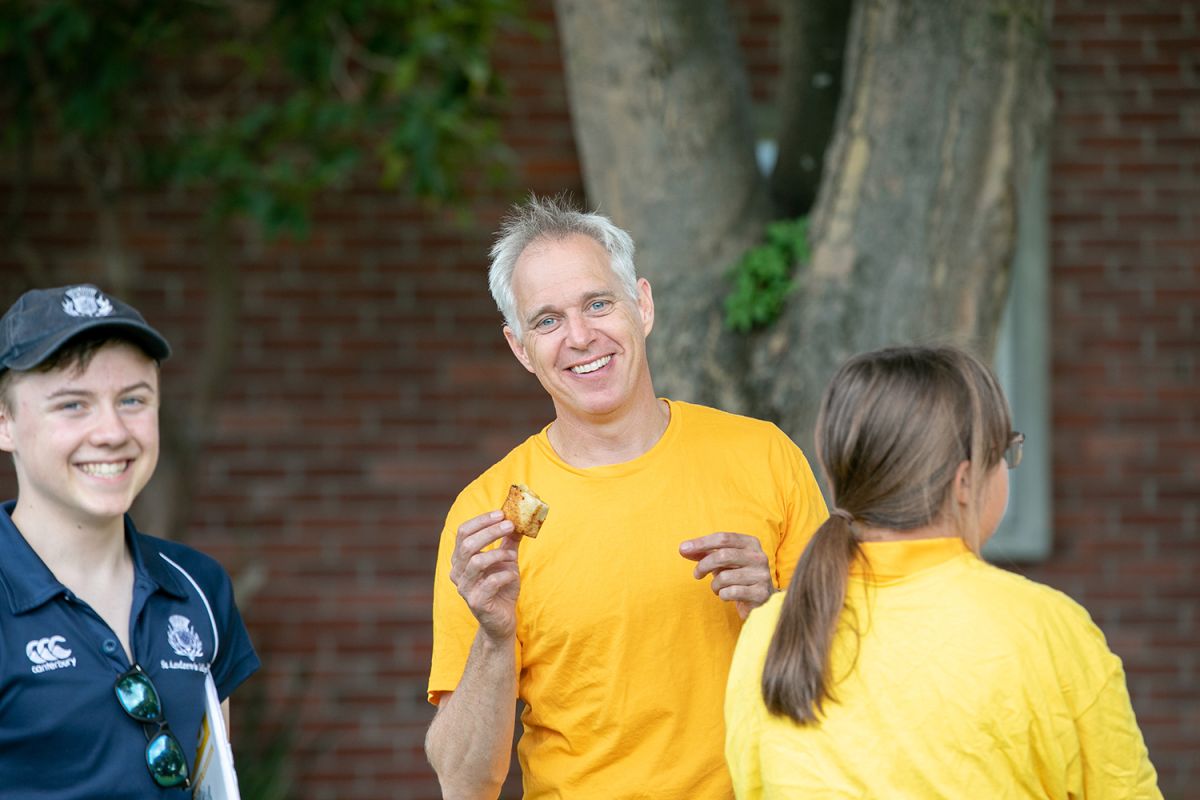
Taking a Health-oriented Approach that Encourages Critical Thinking
Leigh Hogg led parents through a presentation outlining how health education has changed over time. Many of us will remember learning about topics such as alcohol and sexuality through lessons that focused on worst-case scenarios and scaremongering. There has been a significant change in this philosophy, moving away from a punitive approach in recent years. Now, specialist Health teachers at St Andrew’s deliver a curriculum that provides students with research focused on a health-oriented perspective. Teachers use the Hauora model to ensure students understand how decisions related to their physical, mental, spiritual, social, or emotional lives can impact their holistic well-being.
The key outcome Health teachers focus on achieving is developing young people’s critical thinking skills so they can make decisions about complex problems and scenarios through the lens of their values. Discussing strategies to avoid peer pressure and practicing assertive communication is also important. When learning about alcohol and vaping in the Te Waka programme, students are presented with different scenarios and are given time to discuss the choices they would make in relation to their values. Values such as respect, communication, well-being, justice, and self-care underpin the curriculum.
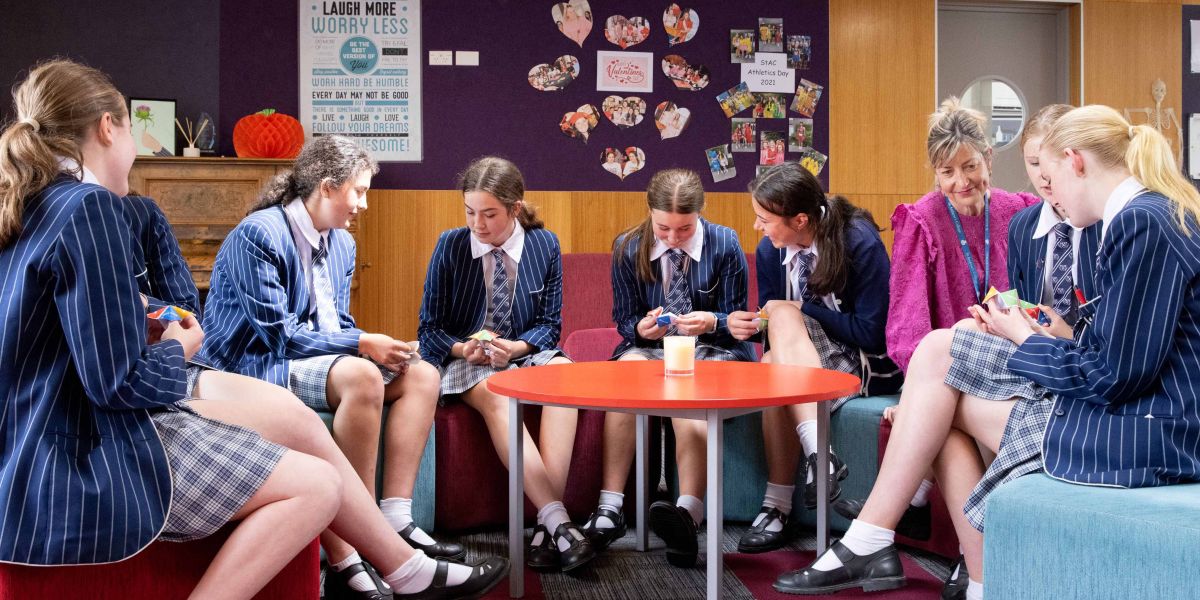
Offering a supportive and loving environment
Each speaker finished their presentation with an acknowledgment of how the most important job for our parents is to create a loving and supportive environment, despite the inevitable ups and downs. Research shows that knowing someone cares is the strongest protective factor for our young people. Head of Guidance, Tom Matthews, used the lovely metaphor of a parent being like “a warm rock; consistent, fair, solid, calm and kind. If this is our approach, eventually kids will return to this, as its safe, reliable and trustworthy especially around these tricky topics”.

Adolescence is a time of exploration and experimentation, and not all experimentation leads to addiction and long-term problems. The key messages in this event were that your role as a parent is to provide guidance, support, and a safe space for your adolescent to learn and grow. It’s about being patient and understanding and being prepared to adapt your approach as your child’s needs change over time. At St Andrew’s, we are connecting with evidence-based research and organisations that can support us in creating an effective whole school approach that prepares our students for the challenges of modern life.
What approaches work best for you when navigating issues such as alcohol and drugs with your teenager?
Related Posts
